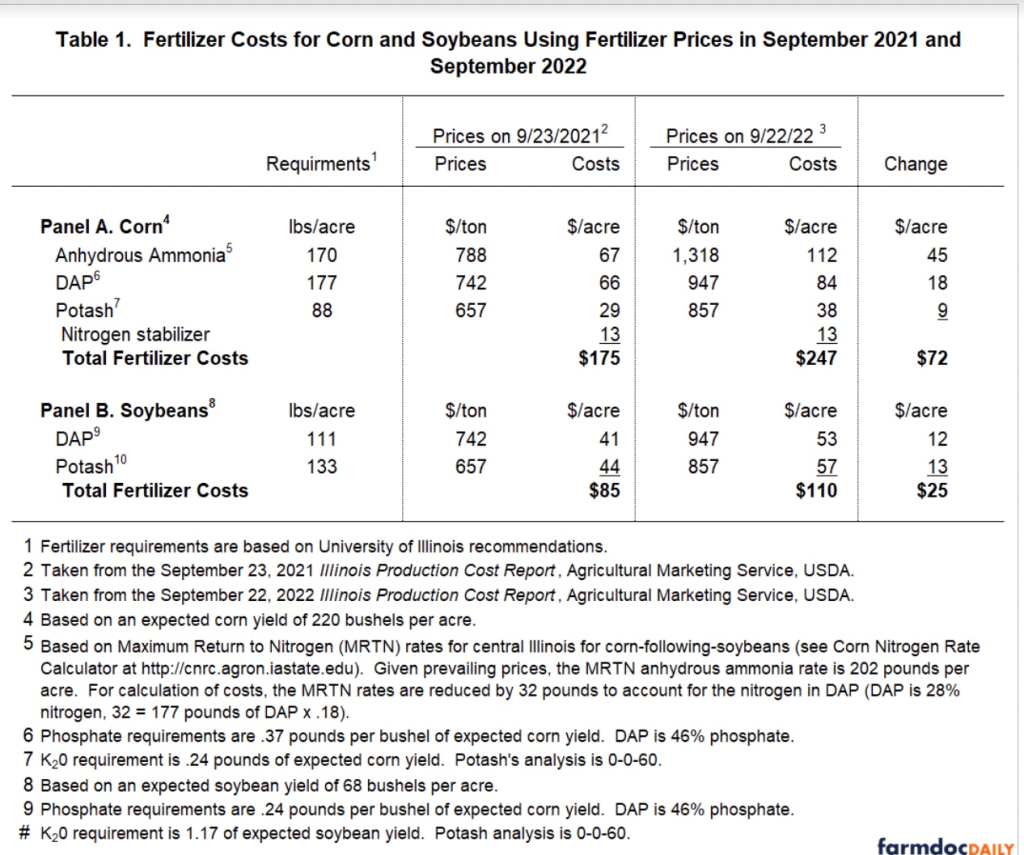NPK75:
- Is a liquid concentrate containing up to 78 chelated natural trace minerals, combined with additional macro- and micronutrients, averaging from 100 to 900 nanometers, manufactured from natural and chelated trace minerals from mineral rich deposits located in the US and Eastern Europe.
- Utilizes proprietary technology and equipment (“NPK75 equipment”) that can produce 275-gallon plastic totes derived from micron-sized, pre-chelated Montmorillonite trace minerals (“Mineral Powder”) provided by NPK75 to the production facilities.
- It is a natural climate safe solution that results in almost zero water waste, very little solid waste, and no harmful by-products during production compared to NPK chemicals manufactured from petroleum, which require thousands of gallons of water and produce harmful by-products.
- Costs significantly less per acre than synthetic and other organic alternatives.
- Requires significantly fewer applications per growing season (3).
- It can be applied as a foliar spray or directly to the soil.
- Has much broader coverage per acre (1 gallon per acre) than other types of synthetic fertilizer.
- Can fully replace NPK as a fertilizer solution or can be used to reduce NPK applications.
- It actually rebuilds the soil over time by stimulating the growth of naturally occurring biologics (microbes) in the soil, which reduces the need for pesticides, reduces water usage, shortens the growing season, and increases plant growth over time.
- Has a proven increase in crop productivity of 50% or more based on research done by the renowned Pryanishnikov Institute of Russia.
- Provides a complete solution to the current worldwide agricultural and humanitarian crisis.
Verification
a.) Demonstrated track record of performance of technologies
The performance of the patented NPK75 has been tested by farmers in the U.S. in 2020 and 2021 and researched by the renowned Pryanishnikov Institute of Russia in 2021/2022. U.S. farmers anecdotally report that NPK75 resulted in increases of crop production of up to 50%, a shortened growing season (enabling farmers to get in an extra crop), and reduced use of water and pesticides.
The research conducted by the Pryanishnikov Institute on spring wheat and spring barley was conducted in the soil-climatic zone and venue: turf-podzolic heavy loamy soil, 1st agroclimatic zone on the experimental fields of the Federal State Budgetary Institution “VNII of Agrochemistry” in the Moscow region, Domodedovo micro-district. Barybino. The Institute compared NPK75 to a control crop using no fertilizer, the second crop comparison was to traditional NPK fertilizer.
The Pryanishnikov Institute determined the following from their tests: “[NPK75 ] triggers and activates germination initiation mechanisms in all treatments [wheat and peas]. Plants respond to exogenous exposure to NPK75 , changing the physiological and biochemical status – increasing the synthesis of chlorophyll pigments and reducing the intensity of oxidative processes in the body, which helps optimize growth function, provides an earlier start of photosynthesis, which in turn contributes to better rooting, development of the primary root system, and better use of soil moisture.”
Palomar Labs study of the use of NPK75 ON CANNABIS CONCLUSIONS:
- NPK75 realized a significant overall increase in yield at the 4 oz/gallon treatment rate
- Yield: Flower size and yield increased with the treated plants by 18%.
- Flower Size: Bigs increased by 17.88%
- Potency: Values did not change from the treated to untreated samples.
- Terpene: Concentration from the control to the treated samples increased by 9.75%
- Nutrition Stability: The variance in essential nutrient concentrations were limited with treated plants vs. untreated.
Cost Comparison Benefits:
This table provides a cost analysis of the use of synthetic fertilizers. Based on the table, the average cost of fertilizer per acre for corn is $247, and for soybeans, it is $110. Potatoes require about $1,800 per acre on average.
Compared to synthetic fertilizers, NPK75 costs $100/acre for corn with 4 applications and $50 for soybeans with 2 applications required. For potatoes, NPK75 is $200/acre, without the harm caused by the high concentrations of under-utilized nitrogen, resulting in green-house gas emissions from nitrous oxide and harms through impacts on water-based ecosystems. Differences: NPK75 is 40% of the cost of synthetic fertilizers for Corn, 45% of the cost of synthetic fertilizers for soybeans, and 11% of the cost of synthetic fertilizers for potatoes. The cost comparison alone is enough to warrant adoption as a total replacement or a partial replacement of traditional synthetic fertilizers.

